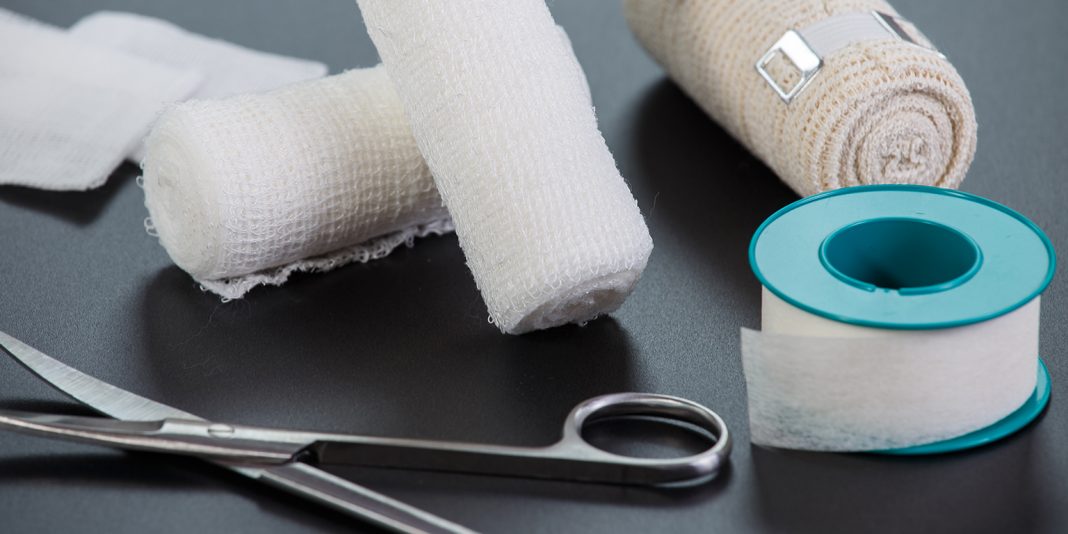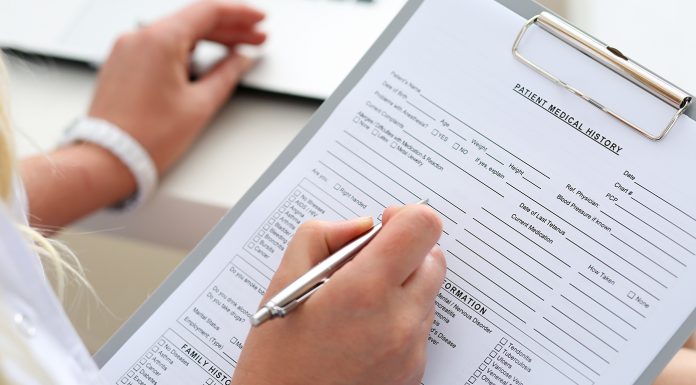Health Minister Jonathan Coleman, Associate Health Minister Peter Dunne and ACC Minister Michael Woodhouse welcomed the guidelines launch on May 19 at the New Zealand Wound Care Society’s annual conference.
Coleman said it was estimated that every year in New Zealand about 55,000 people suffer from pressure injuries (PIs) – with more than 3000 of those causing significant harm. “They (PIs) can cause pain, disability, hospitalisation, and sometimes even death, yet most are preventable.”
The Guiding principles for pressure injury prevention and management in New Zealand were created by an expert reference panel including wound care nurse practitioners, nurse consultants and clinical nurse specialists and has been endorsed by the Ministry of Health, ACC and the Health Quality & Safety Commission. The document sets out a high-level national framework for best-practice care in preventing PIs and includes practical recommendations for implementing best practice in health settings from hospitals and home-care settings to hospices and residential care facilities.
The ACC’s latest treatment injury report found that the major causes of claims for pressure injuries occurring in public hospitals in 2015 were a lack of identifying PI risk factors (65%), immobilisation (17%) and splints or other casts (8%).
Associate health minister Peter Dunne said the just launched guideline principles are part of a wider piece of work on pressure injuries that also included developing a national approach to measure and report pressure injuries, as well as raising public and health practitioners’ awareness of pressure injury prevention and management.
The six guideline principles are: people first; leadership; education and training; assessment; care planning and implementation; and collaboration and continuity of care (see more details below).
A pdf of the ACC7758 Guiding principles for pressure injury prevention and management in New Zealand can be downloaded at:






















